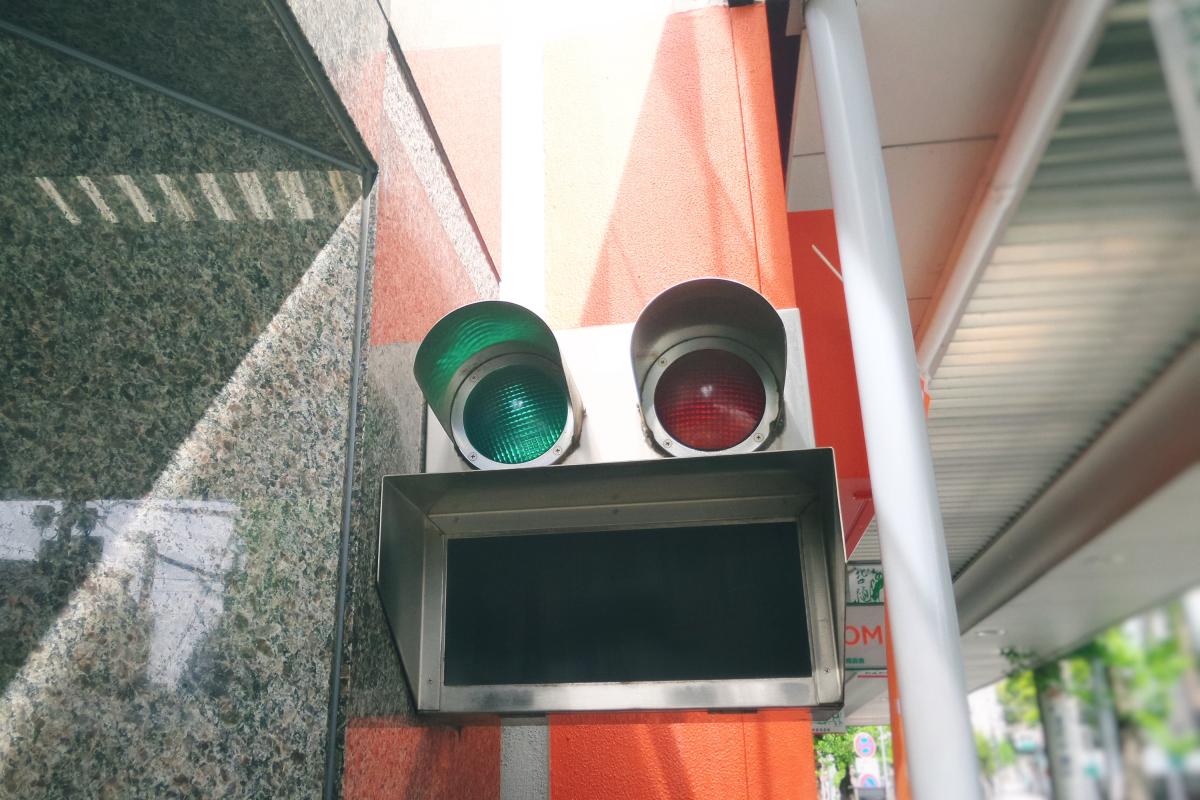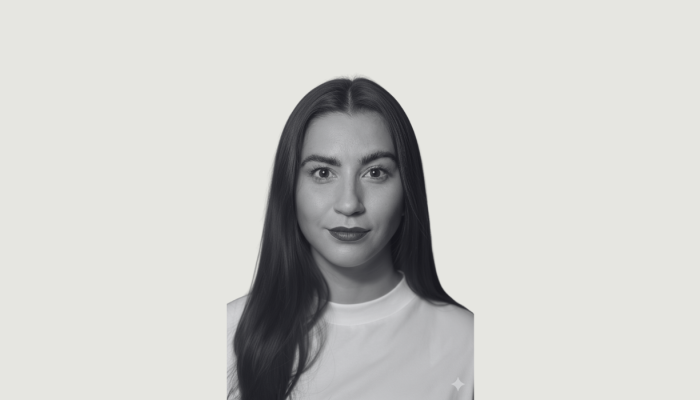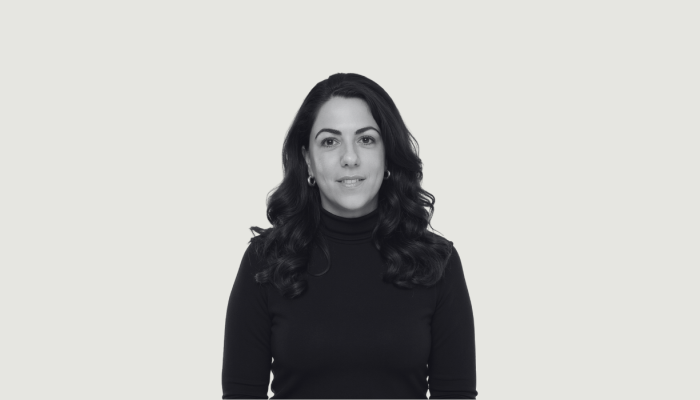Everything seems to be binary these days. Everywhere we look we seem to see the emergence of ever more polar extremes presented as the only true path to salvation.
Are you a Brextremist or a Remoaner? A patriot or a traitor? Alt-right or left-wing mob? It’s either all about this or all about that.
A quick check of Twitter will show you that everyone and everything seems to be pushing us to take ever more extreme positions with very little shades of grey. The recent US Supreme Court nomination of Brett Kavanaugh showed that we seem to be becoming ever more binary in the public arena with his confirmation being easily the closest and most partisan in SCOTUS history. Filter bubbles can take a lot of the blame for what’s going on. The behavioural scientists like Cass Sunstein 'Going to Extremes: How Like Minds Unite & Divide' show how we humans take ever more extreme positions in order to stand out from within our like-minded ‘tribes’.
Now binary thinking and binary choices do make some sense in politics because often it frankly IS a binary choice. It is a case of vote for me or vote for him/her.
But I think we are increasingly falling into this trap in our industry too. It seems it is all about the brand or all about the technology. “Are you ‘Traditional’ or ‘Digital’? is possibly the most ridiculous question in the history of marketing against some very stiff competition. We are presented with the binary choice of emotional engagement/purpose-led marketing vs. rational activation/data-driven targeting as if this is some kind of Dante-esque battle for the soul of a client’s business.
I think this is not only unhelpful but also frankly ludicrous. We know this because smarter people than me - Les Binet, for starters - have proved that it is the cumulative blend of these things working together that makes for more effective campaigns. But there seems to be a lot of money to be made in the modern world from trying to convince clients that the future is this, therefore, it must mean the death of that. These either/or choices tend to be pedaled – mostly via LinkedIn - by a bunch of (sorry) modern snake-oil salesmen who have a vested interest in selling you whatever their next wizzy ‘future’ answer is.
There is no more ridiculous example of this current trend for pushing erroneous binary choices than in the current debate about agency ‘models’. I’ve lost count of the amount of articles I’ve read about the ‘death of the network’ or the ‘rise of the independent” - or was it the other way round? To be honest it tends to depend on who the author is, and whether or not they work for a network or an independent agency.
I think we make ourselves seem laughable to clients when we try and claim that the answer to everything must be the one we are currently selling or representing. It also undermines the ever-eroding claim that we are an independent counsel to our clients. My gran always said you should never ask a fishmonger what he recommends for dinner.
It is frankly ridiculous to try and claim that one model of engagement is the answer, regardless of what the category or challenge is. We wouldn’t ever make this kind of silly conclusion for a client when it came to creativity or media solution, so why do we do it for agency models?
I’ve always hated binary choices. I know humans tend to gravitate towards the simple choice, but simple easy choices are so often picked over more difficult right ones.
I’ve worked for the big agency networks (Publicis and WPP), I’ve worked for the independents (W+K) and I’ve also worked at a micro-network (mcgarrybowen). When I was a client at BT I worked with all three models at the same time.
There are amazing benefits to using a big network agency – scale, breadth, experience – and many client challenges that could only be met by a network. There are brilliant benefits to using an independent agency – flexibility, speed, hunger – that frankly big networks often claim but can rarely deliver just by the nature of their set up.
The best things in life often come from blending the good things about multiple approaches. Fusion cooking, for example – take some great flavours from one culture and fuse them with another and you’ll get some of the most delicious (and lucrative) menus in the world. The music business has understood this for decades and as long as you forget some of the more unsuccessful examples of mash-ups like Ozzy Osbourne and Miss Piggy (look it up) the blending of different styles works more often than not. Anyone familiar with the work of artist Jacky Tsai can easily see what gold can come from taking the best of one thing and fusing it with the best of something else.
So that’s my plea to my/our industry.
Let’s stop presenting binary choices as the only choices. Let’s stop presenting what we sell as the only thing for sale. Let’s work to find the right way of solving problems for clients that might not always be our way. Let’s be honest sometimes and say that maybe we are not the right choice for a particular challenge or project. There is good and bad in all of the ways of working and engaging with clients, lets take the best of all of them and work to find the best answers. The clients will thank us for it, and maybe all those obituaries about the death of the industry we all love might turn out to be a little premature.
#AgencyVoices
This article was written by Kevin Chesters and first appeared in The Drum here.



